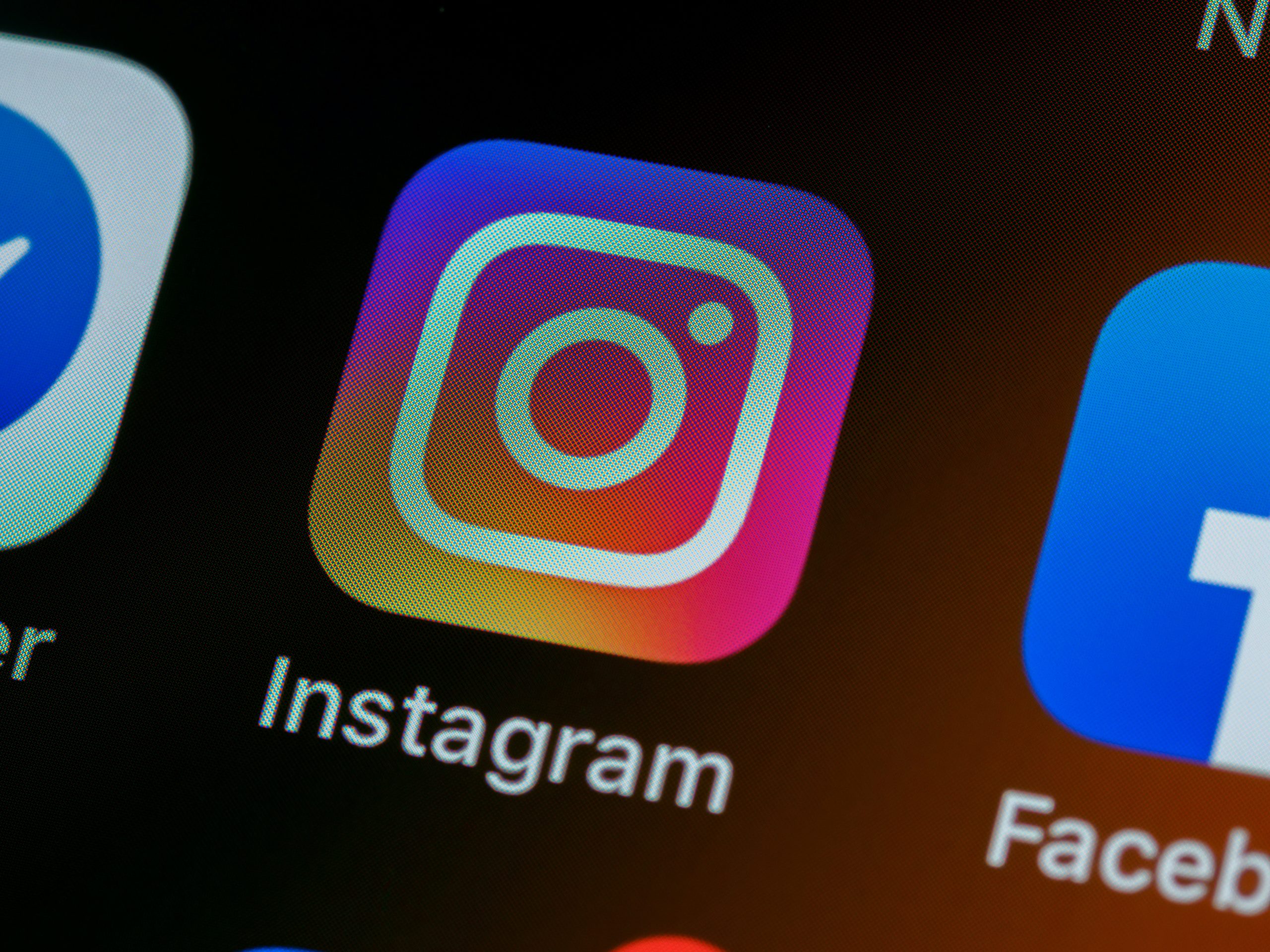What is integrated marketing?
Integrated marketing merges all of your traditional and digital efforts into one effective marketing group. It’s surprising that brands still have separate agencies for PR and social media. The most prominent brands have different agencies for creative production, and web design, too.
It sounds nice, in theory, to retain so many different experts. But in reality, it creates a fragmented marketing landscape. There’s one creative vision for the photo shoot, and another for the Instagram feed. A publicist crafts messages for the media, but the website copywriter tells an entirely different story.
Instead of relying on separate agencies, a single agency partner that practices integrated marketing will align all of your tactics around the same core messages for your brand.
Why is integrated marketing important?
According to Salesforce, the average consumer will have six to eight touchpoints with you before making a purchase. It used to be that you needed to communicate in the right place, with the right people, at the right time. No more. Now you need to deliver consistent content across all channels, still with the right people, and at all times.
The story angles you pitch the media need to match the content you create for your social media channels. Your social media channels and email newsletters need to reflect the marketing messages on your website, which is likely your main point of sale.
Consider this: the average website conversion rate is just 2.35%, meaning you lose almost 98% of your potential customers on an ongoing basis. The main reason conversion rates are so low is often due to a lack of integrated marketing. Most people land on your website with little or no knowledge of your brand. But when someone reads about it in their favorite magazine, interacts with it at a cool pop-up, or sees their friends sharing it on Instagram, the chances that they’ll convert when they finally visit your website improve dramatically.
What is a multi-channel marketing campaign?
Multi-channel marketing applies the principles of integrated marketing to a single campaign. If you’re a hotel, it might be a campaign to promote a special offer or package; for restaurants, it might be announcing a new menu.
Rather than promoting your product or service in an ad-hoc manner, a multi-channel marketing campaign applies a creative strategy to ensure cohesive, consistent communication of your marketing messages across all channels, including traditional PR, social media, and digital advertising.
The best reason to invest in an agency that has the expertise? Multi-channel campaigns can be three times more effective than single-channel campaigns, such as posting once or twice on social media.
How does PR fit in with integrated marketing?
Integrated marketing is often called integrated marketing communications. The business of communications and maintaining a favorable image for brands is the definition of PR.
A PR agency should be involved in your integrated marketing plan because it’s best-suited to own the communications strategy. For PR professionals, it’s all about the story. Without an interesting story to tell, even the coolest ads, Instagram feeds, and websites won’t deliver the ROI you want to achieve.
The strongest integrated marketing starts with a PR agency leading the narrative development process. Once there’s a framework to tell the story you want to share about your brand, it’s easy to develop digital marketing assets, including everything from 5-word digital ads to 50-character tweets to 500-word blog posts that support the same core message.
Is integrated marketing for every brand?
Integrated marketing works the same for all brands, no matter their size. It has democratized the marketing landscape, in that it’s not about budgets the size of Times Square billboards anymore. Boutique hotels, independently-owned restaurants, and locally-produced spirits can go up against global brands by working with an integrated marketing group that hones the power of PR, social media, and digital marketing.





